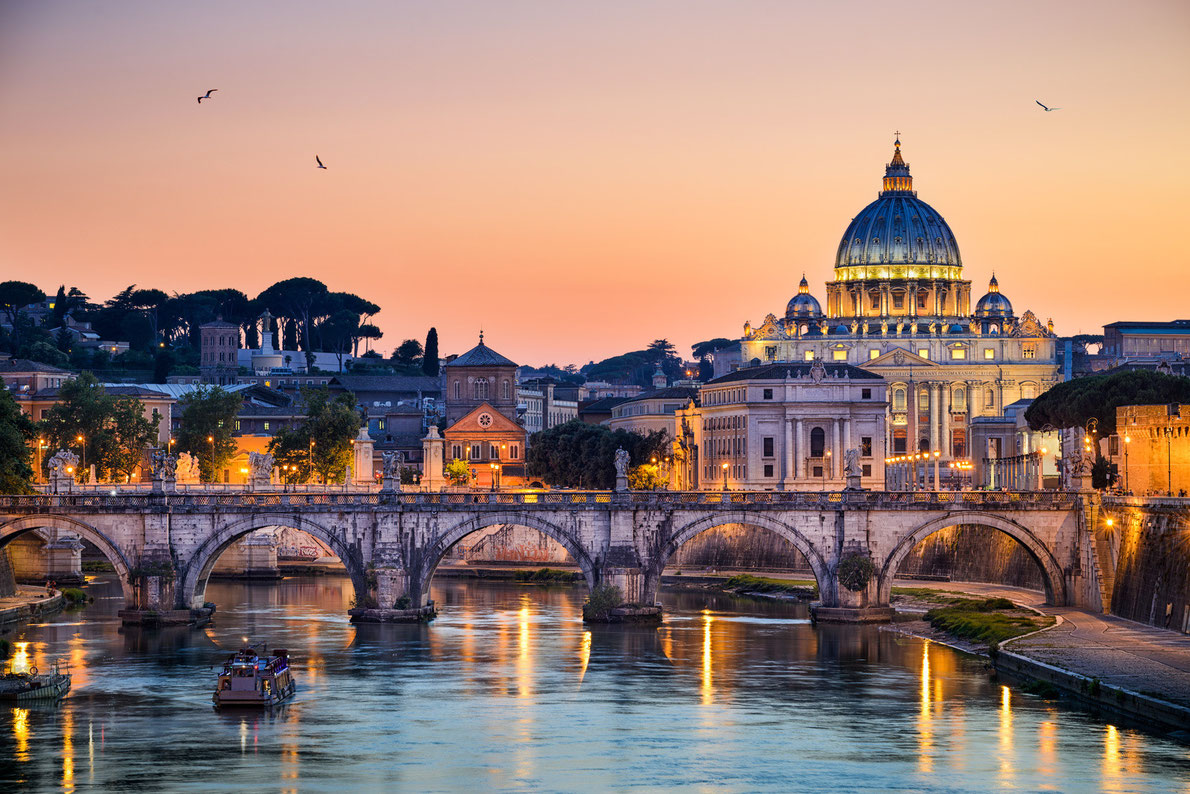We can’t deny that seeing a shining snapshot of someone’s beachside trip sends impulses to our brains that turn into holiday plans. But are we really getting the whole picture?

Studies have proved that Instagram is a force to be reckoned with when it comes to tourism. A 2014 French study on Instagram users concluded half the participants found travel-related posts the most appealing, with 47% saying they’d visited a place because of a particular post. A recent study published by the University of Georgia confirmed people choose holiday destinations based on the potential likes. It’s hardly surprising, considering that we respond to looks first and foremost, but there are reasons to be wary when planning a trip inspired by social media.
A flawless image of a bowl of pasta in a creamy sauce might make your mouth water, but what if that pasta gave the diner food poisoning? As pretty as Instagram posts can be, undoubtedly a lot of them don’t tell the whole story. Scenic shots of Myanmar temples or arid rock formations in Burkina Faso don’t tell you about the poor living conditions and struggling economies. Snapshots of rolling Mongolian hills or the stone figure of Christ overlooking Brazil don’t forewarn you of the assault, theft, or rape you might encounter there. A picture may paint a thousand words, but when it comes to Instagram most of those words are just adjectives describing a lagoon.

And what about the bad photos: the ones that the Internet censors don’t let you see? Social media bubbles are fast becoming heavily filtered realms aiming to paint the world as a Utopia, when in reality it’s anything but. Like Mum closing the book and saying “the end” before Charlotte dies, sites like Instagram and Facebook pick and choose content to a) keep us scrolling and b) provide an escape from the ugly reality.
Lastly, there’s the ‘fake news’ aspect to think about. Internet culture has increased good-natured sharing of information and experiences, but it’s also given rise to hackers, trolls, and pranksters that pretend to be other people, ruthlessly heckle for fun, and create fake content. With the right filter, a scenic lagoon surrounded by ferns could just be someone’s backyard pond. It’s not just books we have to avoid judging by their covers anymore!
So if an Instagram post sends your mind whirring in the direction of vay-cay ideas, maybe do some further research before booking your flights.
Had any Instagram incidents? Leave us a comment below!






